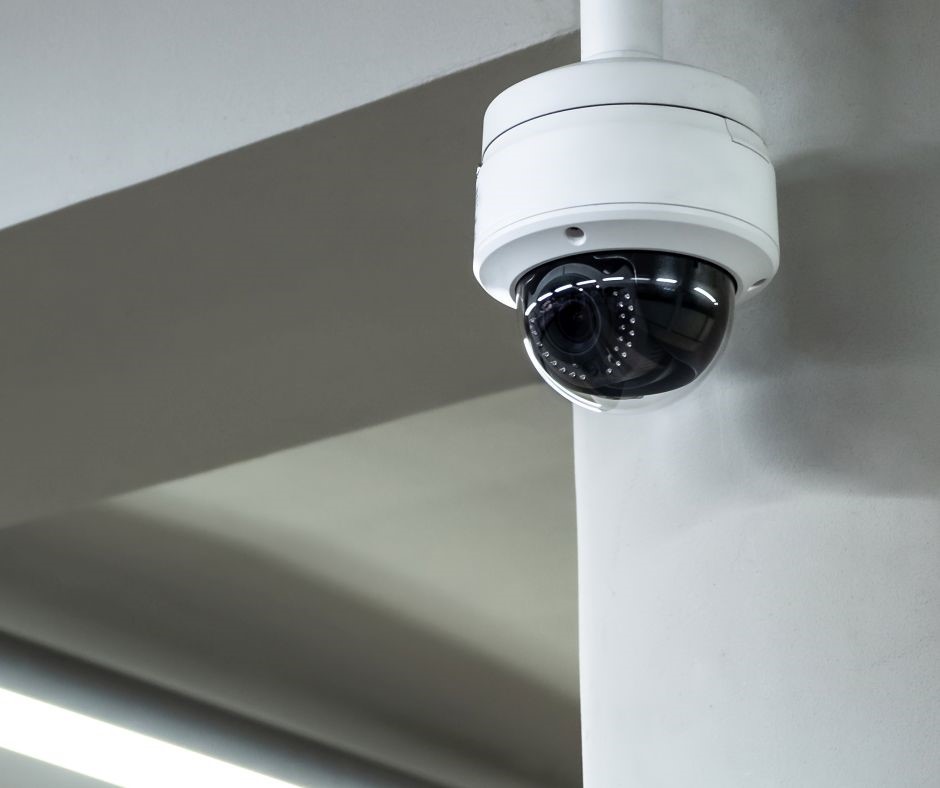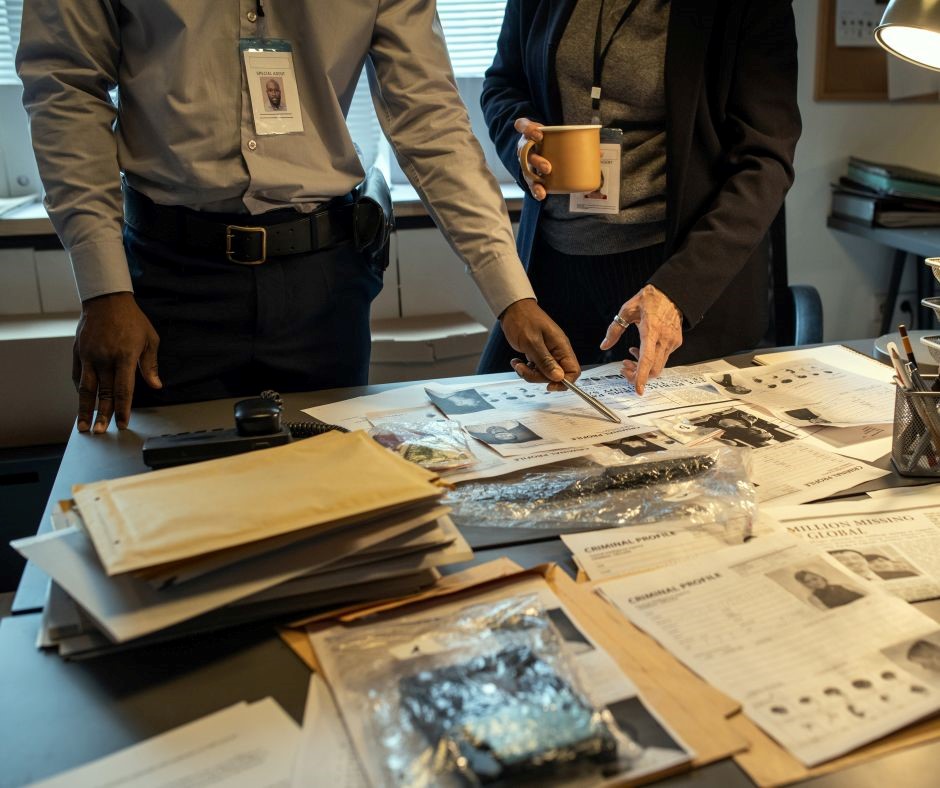Blog

AUGUST 30, 2024
Did you know that covert surveillance has been used for centuries, dating back to ancient times when spies and scouts gathered critical information discreetly? Today, covert surveillance plays a significant role in modern security and private investigations, proposing a discreet way to monitor individuals or activities without their knowledge.
By maintaining the secrecy of the observer’s identity and purpose, this surveillance enables the gathering of quality information about a person, group or situation. Thus, this technique offers a strategic method to uncover the truth or protect assets while operating subtly and efficiently.
Covert surveillance refers to the discreet monitoring of individuals or activities without their knowledge. This type of surveillance is conducted in a manner that conceals the observer’s identity and purpose.
Covert surveillance operations are essential in various fields, including private investigations, corporate security, and even by public authorities for law enforcement purposes. The primary goal is to gather information without alerting the subject, ensuring that the surveillance activity remains unnoticed.
In private investigations, covert surveillance services are essential for uncovering the truth in cases of infidelity, insurance fraud, child custody battles, and more. Investigators use this technique to collect evidence that can support their findings. In terms of security, businesses and organizations utilize covert surveillance to prevent theft, monitor employee behavior, and establish safety.
Law enforcement agencies use this surveillance as a critical tool for gathering evidence against suspects. Undetected monitoring can yield vital knowledge about criminal activities, generating solid proof that can lead to successful prosecutions. Besides, it certifies the suspect remains unaware of the investigation, lowering the risk of evidence tampering or obstruction of justice.
In the corporate world, they are essential for maintaining an ethical and safe workplace. Companies use it to keep an eye on employees suspected of misconduct, theft, or serious violation of company policies. By monitoring suspicious behavior, businesses can prevent significant financial losses, protect sensitive information, and make sure that employees follow company standards.
Private investigators frequently use covert surveillance in infidelity cases. If a partner is suspected of being unfaithful, this surveillance helps gather the necessary evidence without alerting the subject. It provides tangible proof to confirm suspicions or provide peace of mind, subsequently aiding in personal decisions and potential legal proceedings.
Covert surveillance provides a means to counteract insurance fraud, which can result in substantial financial losses for insurance companies. Investigators use discreet monitoring methods to catch individuals who may be exaggerating or faking injuries in order to claim insurance money. This evidence can help insurance companies prevent fraud and hold perpetrators accountable.
During child custody disputes, this surveillance can bring to light important evidence regarding a parent's behavior, living conditions, and suitability to raise the child. The evidence collected could potentially sway court decisions, making the child's welfare a priority. It can expose neglect, abuse, addictions, or other harmful behavior, thus helping courts make informed and safe rulings regarding the child's custody.

People generally expect that their personal life should remain private, especially in spaces such as their homes, and covert surveillance in such situations may be seen as a breach of privacy. Intrusive surveillance without the proper legal permissions can lead to severe legal consequences, including lawsuits for invasion of privacy. This emphasizes the need for those conducting surveillance to understand and respect the privacy rights of individuals.
In many countries, law enforcement agencies are required to get a warrant or other authorization for covert surveillance. This rule applies more strictly when the surveillance involves electronic monitoring, like wiretaps or hidden cameras.
Obtaining authorization preserves the investigation is conducted legally, and the evidence gathered can be used in court. Additionally, private investigators and security firms must also comply with local laws concerning surveillance in order to avoid legal issues.
Once information is gathered through covert surveillance, it must be handled with care to meet the requirements of data protection laws. Personal information should be stored securely to prevent unauthorized access, used only for the intended purpose, and deleted when it is no longer required.
Failure to follow data protection laws and regulations can lead to penalties, including fines and damage to reputation. This includes ensuring that surveillance does not extend to obtaining sensitive personal data without express consent and legitimate reason.

Discreet Monitoring. Covert surveillance allows for the discreet monitoring of individuals or activities, preventing subjects from altering their behavior.
Evidence Collection. It enables the collection of concrete evidence that can be used in legal proceedings.
Cost-Effective. Covert surveillance can be more cost-effective than other investigative methods, providing important knowledge without extensive resources.
Real-Time Monitoring. It allows for real-time monitoring, allowing immediate responses to suspicious activities.
Physical Surveillance. Involves following a subject on foot or by vehicle to observe their activities.
Electronic Surveillance. Utilizes devices like hidden cameras and microphones to monitor subjects without their knowledge.
Sample Reconnaissance. Conducts preliminary examination of a location to determine the best approach for surveillance.
Undercover Operations. Involves investigators posing as someone else to gain the trust of the subject and gather information.
Social Media Monitoring. Analyzing social media activity to gather information about a subject’s behavior and interactions.
Covert surveillance is a powerful and discreet method of monitoring individuals or activities, playing an essential role in private investigations and security. It offers numerous advantages, from evidence collection to real-time monitoring, making it a vital tool for investigators and security professionals. However, it is essential to consider the legal implications and make sure that surveillance activities are conducted responsibly and ethically.
If you need professional covert surveillance services, look no further than HSI Security. Our team of experts is equipped with the latest covert surveillance techniques to provide you with the information you need discreetly and efficiently. Contact HSI Security today to learn more about how we can help you with your surveillance needs.
JULY 03, 2024
JULY 03, 2024
JULY 03, 2024